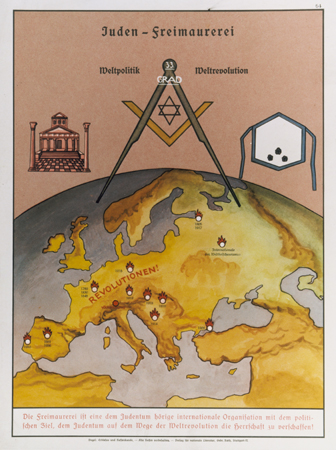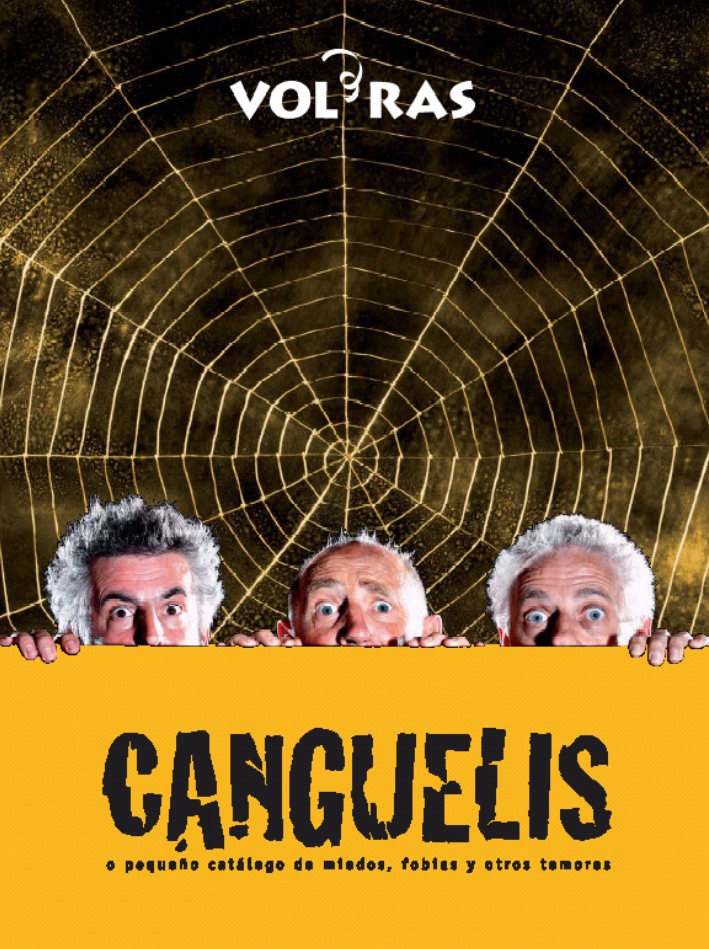
Towards New Horizons was the title of the EEOOII Conference held in Las Palmas (The Canary Islands) last week. About 300 teachers from most Spanish Autonomous Communities attended it (April 2-4). Most Local Governments have committed themselves to the modernization ot the Official Language Schools as languages are becoming more and more a deciding factor in the opportunities offered to the citizens. Besides, as an Arabic proverb says “If you want to prevent a war, learn a language”, so learning languages has many advantages in our developing world, as they help us find a better job, get in touch with people who share interests with us or access information. On the other hand, learning a language allows us to make better deals in business and politics. Languages are invisible capital.
The fact is that since local governments have complete authority regarding educational issues some Autonomous Communities are better positioned than others to face the challenges of the XXI century. Thanks to the Autonomous Communities we can use our own resources to improve the education of our citizens, but are we getting as much as we deserve? Yesterday the discussions of the ROF at the Mesa Sectorial were interrupted. Schools, Unions and hedteachers are really worried about the danger of having groups and languages discarded. Our interlocutors seem not to open their ears to listen to us. Working conditions are changing and we are losing the leading role that we used to have in the past. We need more investment in resources for the Official Tests so that validity and reliability are guaranteed for all; we need good practices which agree with those in other European Institutions. We can’t allow ourselves to miss this train.
But let’s go back to the Conference and see what it had to offer. We can’t forget that we are a country which has given its back to the world for many years, as Ramon Trujillo said. A country which has persecuted intellectuals. Now we talk about pluricultural and plurilingual competences. But what does this mean? Well, according to Angeles Ortega, this means that we need a better cultural and linguistic offer, better certifications, better methodologies, better perspectives. Speaking a foreign language is a multidimensional behaviour which is learned by interacting with others. It means adjusting our behaviour to that of others and to the environment. It means self learning and autonomy. It means intercultural competences to deal with a diverse world.
Three intense days in which we have been able to learn about methodology, assessment, certifications, TICS, and discuss among us about the challenges we are facing. On the other hand, we are aware that we are stronger than when we first met in Lleida a decade ago thanks to the work done by the associations. They should have all our support for the work they still have to face.
To sum up, as we can’t go into everything, let us just thank the AOEOIC for the excellent organization and hope that in two years’ time our schools can be as proud as other communities’ because our administration has finally understood that they have a key role to play in empowering Valencian schools to provide better services to the citizens.























No comments:
Post a Comment